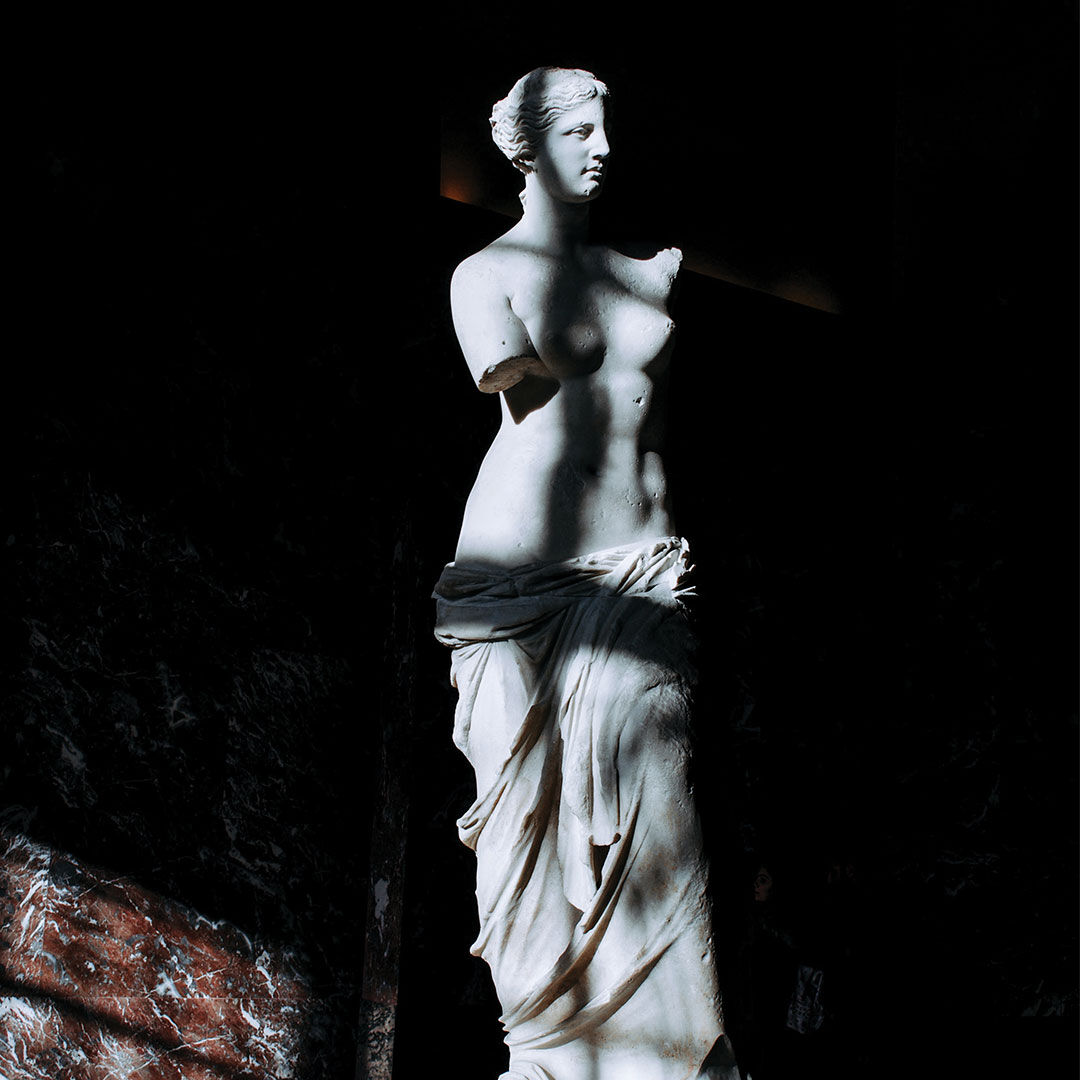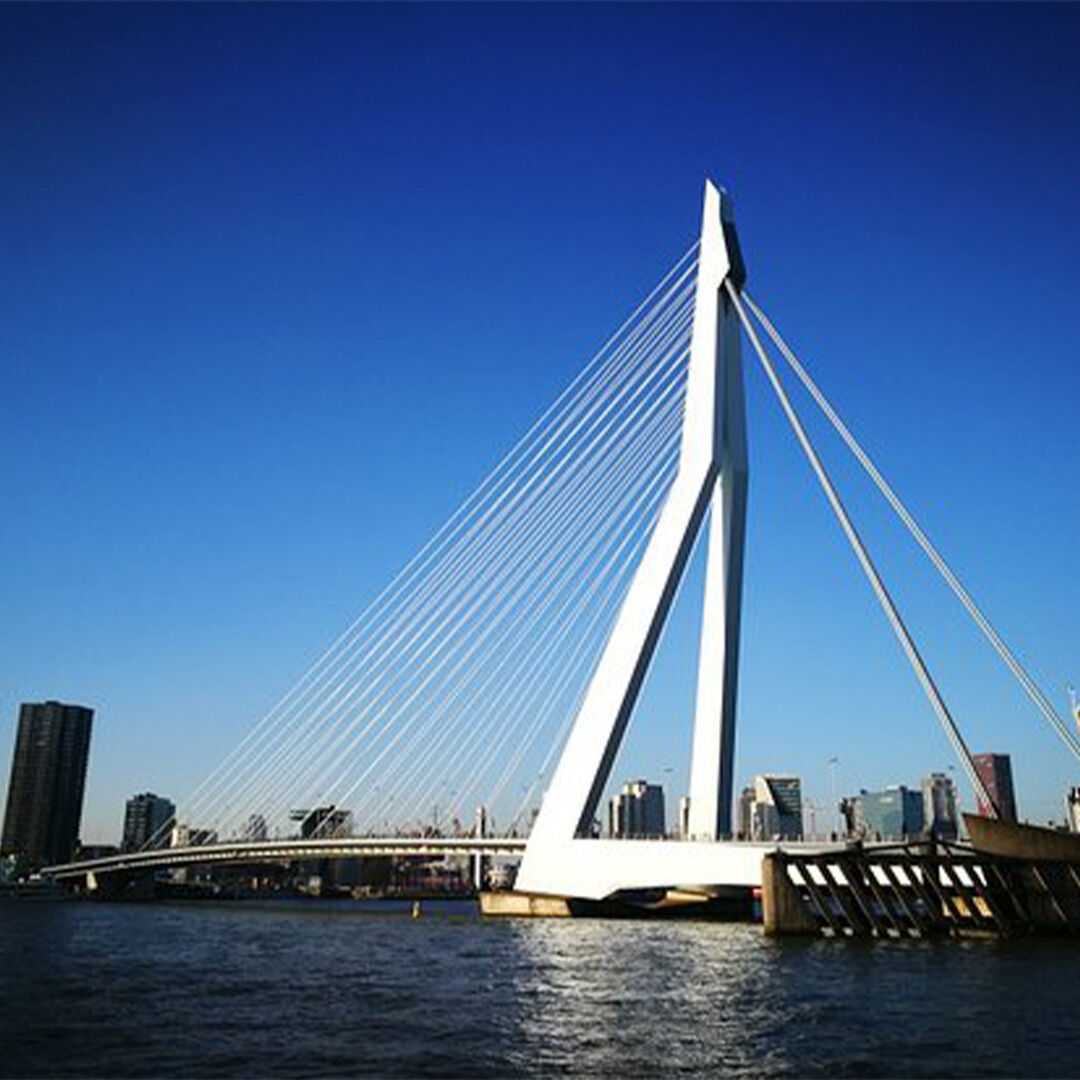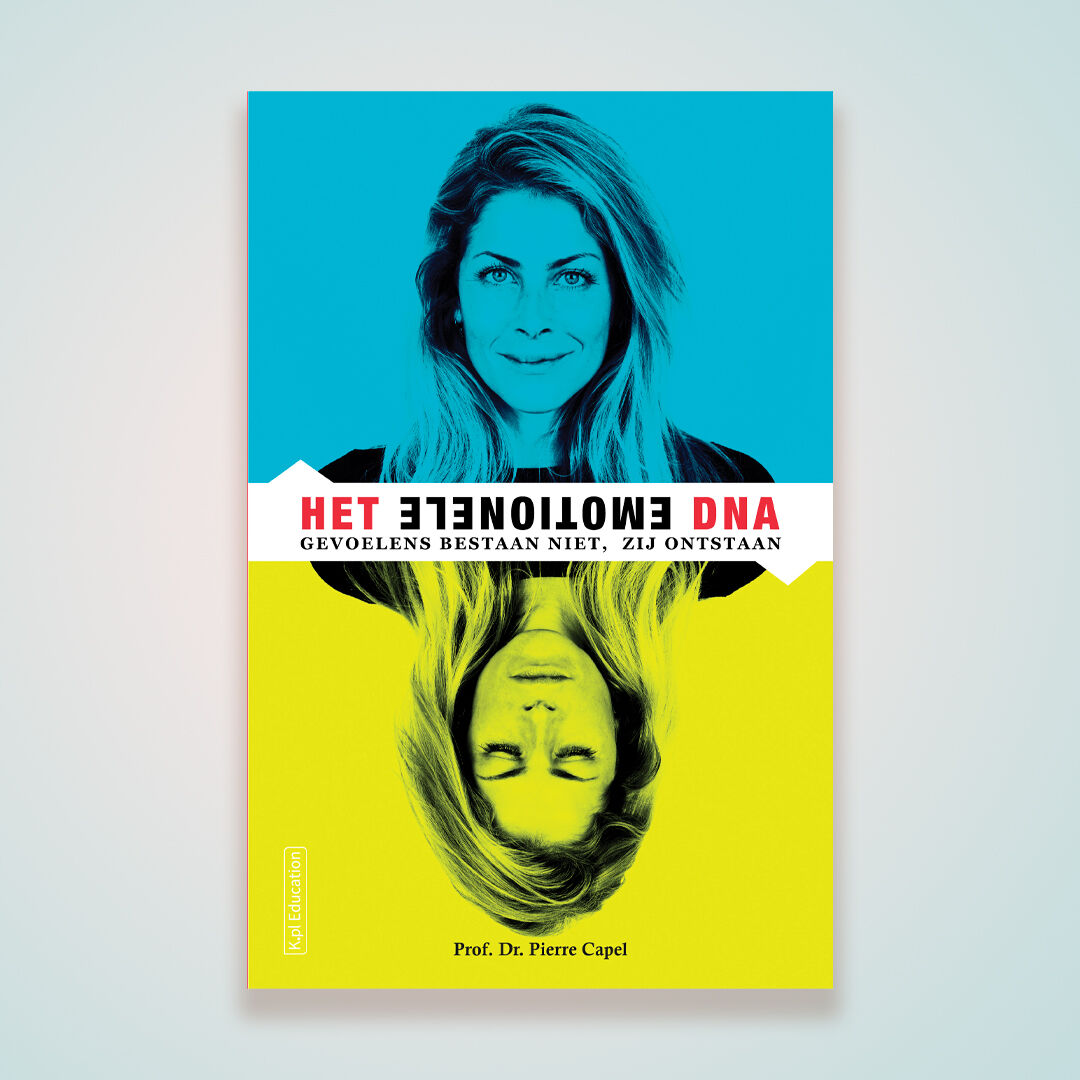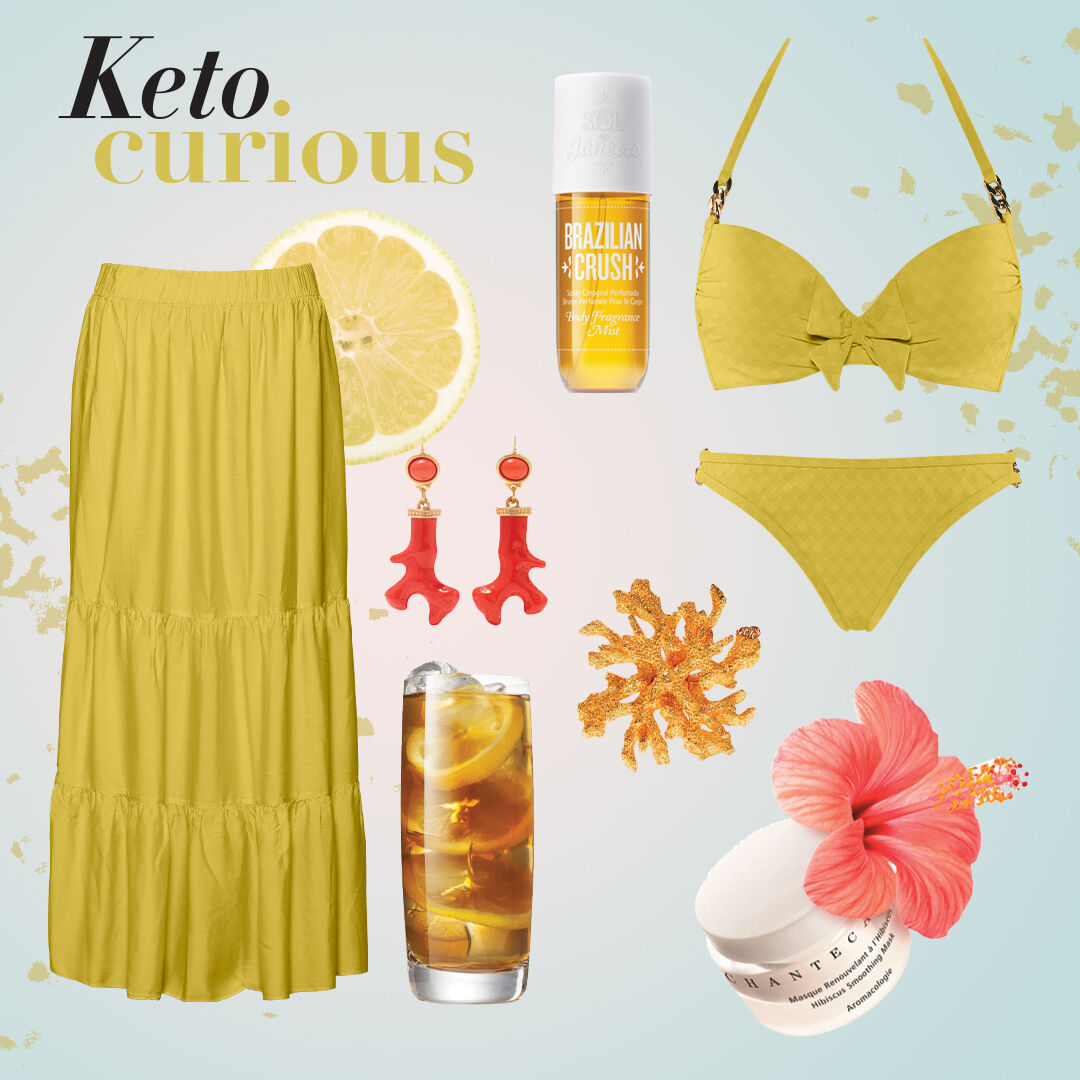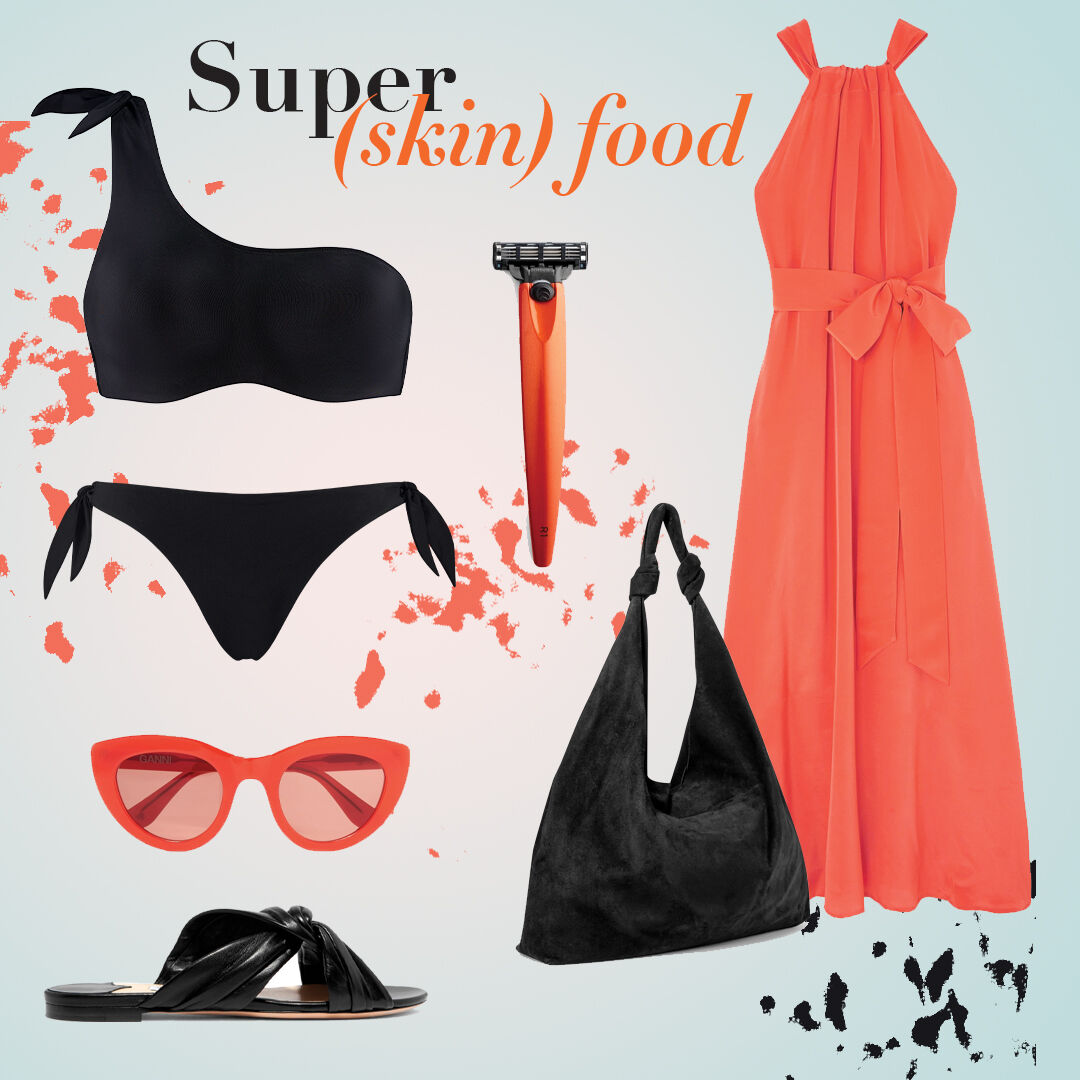The Goddess Connection – Bettany Hughes
Was God once a girl? For the award–winning historian, author and broadcaster Bettany Hughes, this question was the start of a ‘magical history tour’ to uncover the hidden stories of the feminine divine. Through her series and books such as ‘Venus and Aphrodite, history of a goddess’, the British professor shares the kind of insights that may just wake up your inner goddess
Marlies: Bettany, you are one of my ‘history heroines’. Through your work, you have shared so many inspiring stories of feminine divinity.Thank you! What sparked your mission in the first place?
Bettany: How wonderful to hear! When I was 14 years old, I saw an image of the fiercely feminine Minoan Snake Goddess. I felt an immediate connection. But I was told: “We don’t know whether she’s a goddess, a priestess or just an ordinary woman.” The figurine of the goddess had been broken as if she was radioactive waste and buried under stones in the palace of Knossos on Crete. Why? I said to myself: I have to get to the bottom of her story.
Marlies: You certainly did a great job of ‘piecing her together’ with your BBC series ‘Divine Women: When God was a Girl’!
Bettany: (laughs) Let’s put it this way: I’ve brought her back into the light.
Marlies: And she was not the only one! In the series you explain how even though women have always been at the heart of our relationship with the divine, this part of our history is often hidden. Why was it so important for you to uncover these hidden stories?
Bettany: Like it or not, women have always been at least 50% of the population. Yet we’ve only occupied about 0.5% of the history records! As a historian, I see a massive gap that needs to be filled. And as a human being, I believe that we cannot understand the richness of the world unless we find all the voices that have taken part in creating our cultures. Did you know that over 90% of the figurines of the human form between 40.000 BCE and 4000 BCE are of women? We are there, in the DNA of civilization, but when we get to the stem cell of our culture – the classical Greek and Roman worlds – something changes, and women get demoted.
Marlies: What changed?
Bettany: People got greedy. We had these beautiful, stable communities, but we wanted to expand. For that, we needed a lot of military muscle. Slowly, within the existing pantheon of gods and these really fierce goddesses, a single male god like Zeus starting to grow bigger and bigger till he became the king of the gods: the perfect warrior role model for a society with big, standing armies populated by men. At the same time, women’s roles were getting diminished. Take the goddess Venus, whose great–grandmothers were these super feisty Middle Eastern goddesses of war and sex like Ishtar and Inanna. When women still had a prominent place in society, Venus was depicted as very strong – sometimes even with a beard that symbolized her ‘masculine’ powers. But as women turned into second–class citizens, Venus evolved into a much softer, prettier goddess, often shown naked. A pin–up, almost.
Marlies: It’s very interesting to see how the fate of real–life women and goddesses is so intertwined! With feminism on the rise, do you think the goddess will be making a comeback?
Bettany: First of all, she’s never completely gone away. As I describe in my latest book*, we still talk about aphrodisiacs, for example, paying indirect honor to Aphrodite. Every time we go into a women’s restroom, we see the symbol of the goddess Venus on the door. And we give each other red roses on Valentine’s day; the flowers of Venus. So, if we would honor and respect the influence of the goddess that is all around us; that would be a great start! Secondly, rather than having one single, overpowering deity, how about returning to the situation of the beginning of our civilization, when there were a lot of different sacred spirits and voices? I would love to see a big table with many chairs that a great variety of spiritual influencers can sit at together, male and female and beyond.
Marlies: A beautiful vision. During your search for the feminine divine, you travelled all over the world, from Turkey to China and India. Where did you experience the strongest goddess energy?
Bettany: In India, surrounded by 900 million Hindus who ardently worship their goddesses, you feel how much the goddess spirit is still alive. And in Phrygia, a remote part of Turkey, you find these incredible, rock–cut shrines in the mountains. They were believed to literally be the doorways through which the formidable goddess Cybele would visit us. Touching the rock, you get the strongest physical sense of her power. But the closest I’ve come to the feminine divine is actually through my mum! She’s this incredible, intelligent, nourishing spirit. And I was so lucky to grow up with that.
Marlies: Speaking of mothers, my muse for this season is Mother Earth or the goddess Gaia. I first felt her power when giving birth to my daughter, but I believe she’s been calling out to all of us lately.
Bettany: She certainly has! During the coronavirus crisis, we’ve heard politicians use terms like: ‘confronted with the force of nature’. As if we ourselves are not part of nature! But once you’ve given birth to a new life which is very much part of the web of ecology and the cosmos, you realize that we are all interconnected.
Marlies: We are part of Mother Earth, and she is part of us.
Bettany: Exactly. One lesson that I’ve learned from my mother and have been passing on to my girls is that we do nothing in isolation. Everything we do comes from someone else and will impact someone else. As a historian, I know that we are creatures of memory. And now scientists have proven that physiologically, we cannot have a future thought unless we first access a memory of some kind. I think that’s why, from the beginning of mankind, we’ve been telling each other stories and myths. And perhaps that is what the Gaianism of living as a human is all about: understanding our connection to each other and to our past, so we can become fully realized human beings.
Marlies: Wonderful. Thank you for these precious insights, Bettany!
MD Friends
Building bridges
From the Erasmus Bridge and the Mercedes-Benz Museum to Qatar’s metro network; Ben van Berkel’s iconic landmarks bring people together in rapturous beauty, again and again. I talked with the Dutch architect and educator about sensuality, ‘healthy’ buildings and the remarkable parallels between our designs.
MD Friends
More than a feeling
Don’t ignore your emotions; they are much more powerful than you can imagine. By linking the magical world of emotions with hard science, Dutch scientist Pierre Capel, professor emeritus in experimental immunology, shows us the consequences of our feelings and the power of our minds. The message: we can do much more than we think. “Meditate. It’s the single best thing you can do for your health.”
Marlies Says
Keto curious?
The fact that I feel bikini-confident all year round is, of course, a nice bonus. But for me, the biggest payoff of following the keto diet is the way it optimizes my health and gives me tons of energy.
Marlies Says
Super (skin) food
‘If you can’t eat it, why put it on your skin?’. I pretty much live by this beauty adage. After all, with your skin being one of your body’s largest organs, anything – and I mean anything! – you put onto your skin will end up in your bloodstream.


